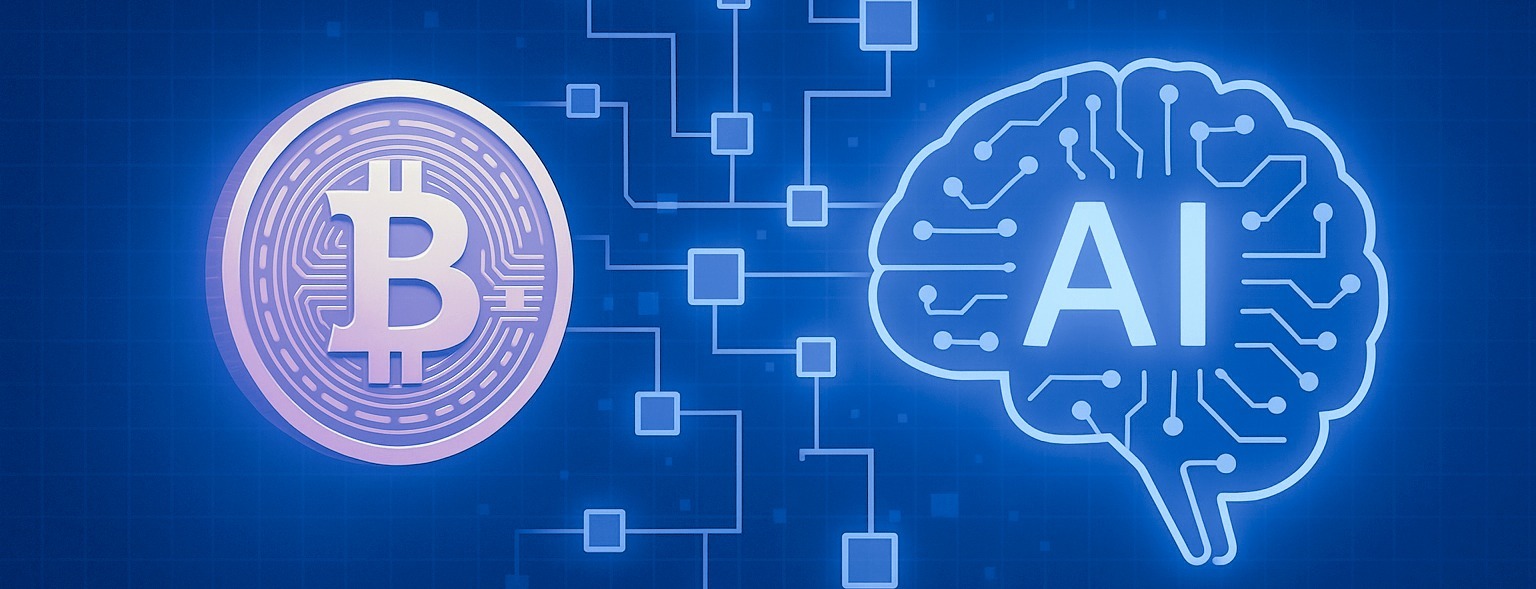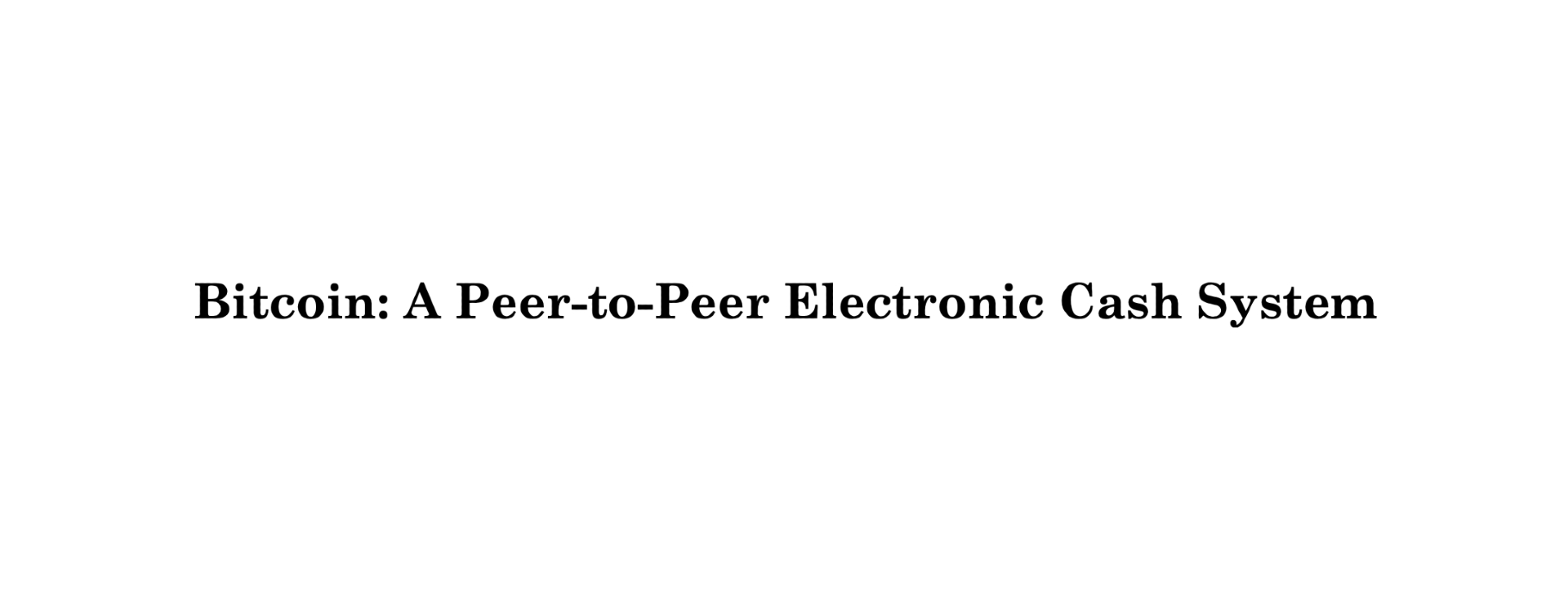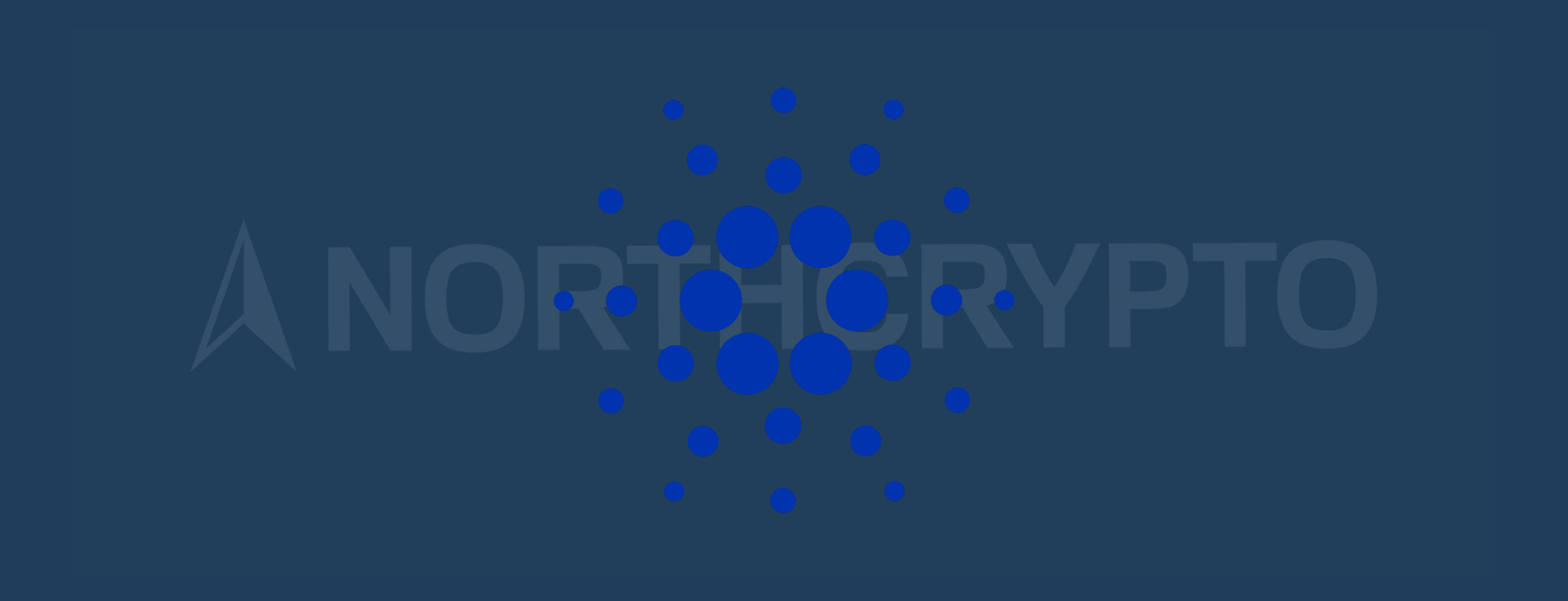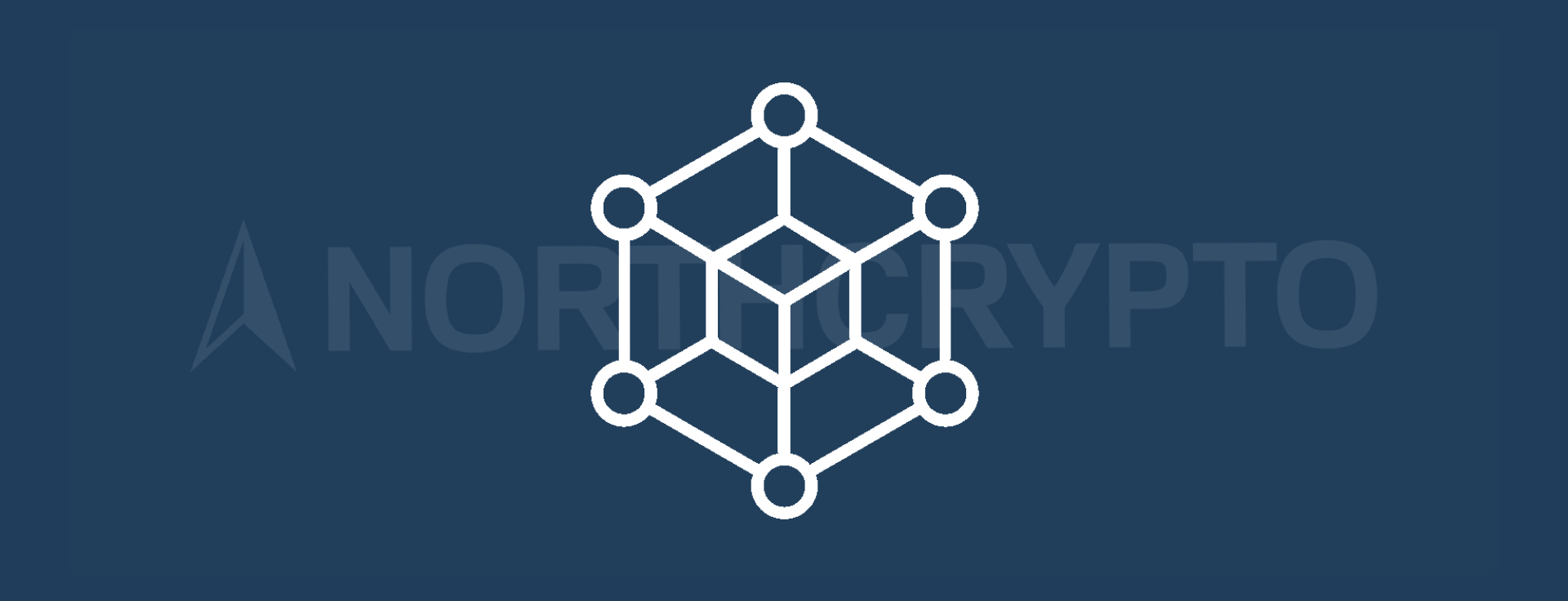
Many have heard how, according to economics, technological development is the main driver for economic growth in the long run. Because of this it has been often assumed that the countries lagging in technology will grow faster in the future compared to the technologically advanced countries, because they can utilize the technology developed in the advanced countries. In real world this hasn’t been the case and the gap between developing countries and developed countries is still large, and in many cases even growing. So why is this? According to former World bank economist Stephen Knack, the biggest single explaining factor for this is trust. This blog post will go over how trust creates efficiency to markets and how blockchain technology can revolutionize the economies of the countries with low trust and lift people up from poverty.
Quick economic framework
Through what mechanism does trust create efficiency to economic activity and create wealth? To simplify, when the economic actors can trust the validity of contracts and agreements, it will create better incentives to invest and lower the cost needed for controlling and enforcing contracts. Because the whole economic activity can be described as making contracts between different parties, the effect of high trust will quickly multiply through the whole society. Paul Zak’s and Stephen Knack’s research on the subjects found that a 15% increase in trust increases GDP/capita growth by 1%. Over the years this will multiply with compounded interest and create incredible growth to countries with high trust. Next, let’s briefly model trust effects with economic function that will help visualize the benefit of trust, and examples on how this can be seen in real life.
The benefits of trust can be modeled with expected utility function. To simplify, we can think that an economic event can have two possible outcomes, one positive and one negative. The expected utility is the sum of these two outcomes. Take for example the expected benefit of buying a house. In a positive event everything goes as expected and the buyer gets to keep and live in their house. In the negative outcome the buyer for some reason loses their house and with it the money spent on it. The higher the likelihood for the negative outcome is the lower the expected utility will be. This is of course a simplified example, but it helps to understand the mechanism by which higher trust creates efficiency to the economy. When people can trust that the agreement’s other side, for example bank or the state, will follow the terms of the agreement, will this lower the possibility of the negative outcome thus raising the expected utility. However, if there is a high likelihood that the other party will breach the contract terms, the expected utility will fall. In the example of buying a house, a breach of the contract can be for example the bank’s unilateral decision to alter the loan terms, or the expropriation of the house by the state.
Buying a house is also a good example on how trust can compound though society. Usually, the buyer will need a loan to buy a house. The higher the trust between the loan applicant and lender is, the cheaper the loan can be. In countries with high trust, people can get very long loans with moderate interest rates from banks. In addition, both the bank and the home buyer can trust that the ownership of the house is secure and provable. If the buyer lives in a county with low trust, the purchase will be considerably harder. Often in these countries the financial institutions are less advanced or even non- existent compared to stable countries. For this reason, getting a loan from the bank can be very hard for many people. The interest rates and loan time will also be significantly worse. In addition to these factors, the trust for example to property rights are considerably lower, as a natural disaster or regime change can destroy the evidence of ownership overnight. This has been the case for example in Haiti, where hurricanes destroyed peoples houses and at same time the evidence of the ownerships and insurances. The World Bank has also drawn attention to this problem. If people can’t trust that their ownership can be proven, the expected utility to invest in long term wealth-building projects will decrease, and slow down the growth of people’s prosperity.
Similar examples can be found throughout the economy, where trust between different parties will raise efficiency and utility for all parties. How can trust then be built to achieve this? This is an excellent question, where we haven’t clearly been able to find a permanent answer. But with blockchain technology there has been a different kind of solution. What if we wouldn’t need trust between the parties at all?
Blockchains and trust
Usually, the trust has been tried to be established by using so-called trusted third parties (TTPs). TTPs are for example banks that handle money transactions, the state offices that are responsible for keeping needed documents safe and up to date, as well as many other institutions. But, like stated before, often trust to these institutions is very hard to build or in some cases they aren’t even trustworthy to all parties. From the development of cryptocurrencies and other blockchain projects have luckily risen many innovations that can help to solve the lack of trust.
In short, blockchain is a distributed ledger or database and the data stored into it cannot be later changed. This sounds simple, but it has the potential to revolutionize the world in many ways. Firstly, blockchain can bring financial services to millions, even billions, of people who haven’t had access to them before. Because using cryptocurrencies doesn’t need banks or any other institutions, can anyone who has access to the internet also use cryptocurrencies. In addition to financial services, blockchain technology can better many more services that have required TTPs until now. In many cases blockchain can completely remove the need for TTP.
Large percentage of blockchain projects are so-called trustless systems. This means that the systems enable interactions between parties completely unknown to each other without the need to trust the other party or centralized third party. In the centre of these systems are public blockchain, open- source code, that anyone can check and verify if they want, and lastly decentralized governance, which ensures that not a single centralized actor can control how the system operates. This means that users don’t have to trust any single actor because the trust is built into the systems protocol and incentives, on which centralized actors cannot affect. Next, we’ll go through some examples of these kinds of services and how blockchain technology can potentially fix the trust dilemma in them in the future.
1. Currencies
The trusted institution for currencies is mainly the banking sector and especially the central banks. A big problem for trust is that central banks can create money out of nothing as much as they want and destroy the value of already circulating money with inflation. In addition, using banks to safekeep funds creates risk for bank accounts being frozen or funds to be confiscated, especially in unstable countries. These problems make it more difficult for example to save up for investments. Cryptocurrencies like Bitcoin or Litecoin, make it possible to safekeep and transfer assets digitally without the need for a third party. This means that for example people can send remittances without banks, which can charge very high fees for these services. Cryptocurrencies also run predictably
following their protocol that no one can change. This removes the uncertainty for unexpected monetary changes. Thanks to these features the person from the previous house buying examples can save their earnings before the purchase, even in unstable countries, without the fear of somebody stealing them or destroying their value with inflation. This means the expected utility of saving money increases as the probability for these negative events decreases.
2. Financial services
Banks are considered trusted parties also in many other financial services. These include for example loan services, insurances, and investment services. With DeFi services the home buyer from the previous example can now apply for a loan globally without the need to resort to the local, potentially corrupt, banking sector. In decentralized loan services, such as Aave, everyone can get a loan on the same terms, without the need for the familiar bureaucracy of traditional banking services. Also the fear of sudden unilateral decision to alter loan terms disappears. Loans created with smart contracts cannot be altered after the fact with the lender's decision. These services also increase equality, because the code doesn’t care if the borrower is a farmer from Indonesia or a banker from New York, the service is the same for everyone. This means people aren’t excluded from these financial services, which has been a big problem for especially minorities and women of several countries.
This won’t necessarily revolutionize the lives of people living in rich and stable countries, but it can improve the opportunities for people in poor countries with bad financial infrastructure to finance their lives and businesses in unprecedented ways. There are also many DeFi projects, like Synthetix and UMA, that are creating opportunities for these people to invest in more traditional investments like the stock market. Before the internet, investing into stock markets was quite difficult even for many residents in rich countries. With the help of the blockchain technology these services can also be enabled to people in the poorest countries, without bank accounts and without the need for third parties. Blockchain technology thus can remove barriers of entry for financial services and increase their trustworthiness, as they no longer need to be tied to institutions in one's own area.
3. Data markets
As a result of digitalisation, data has become an increasingly more valuable and demanded commodity. As a new kind and hard to perceived commodity the ownership and monetisation of data has been however concentrated largely to big tech companies like Google and Meta (previously Facebook).
Having data controlled by a single actor, and even on centralized data servers, it will be vulnerable to natural disasters, attacks, and manipulation. Many will remember news about how attacks on centralized cloud servers have led to the data of millions of people, and for example users’ images, and documents, to be stolen by hackers. Many blockchain projects have built services to enable decentralized data storage, in which case data cannot be controlled by centralized entities. When data is distributed to a decentralized global network, an attacker or natural disaster cannot no longer corrupt the data from a single point. This also makes the data more trustworthy because the user doesn’t even need to trust the service provider when the data is stored in a distributed manner into blockchain. In this case no single operator, even the service provider, can manipulate the data, like is the case in current centralized systems. This is also more cost efficient as the data can be stored to users’ idle storage spaces, meaning the users can be also compensated. It is very possible that the current companies dominating the cloud service markets, like Amazon, Google and Microsoft, will also utilize blockchain technology for the services in the future. If they don’t, the competition will ensure that their market share will collapse.
By using blockchain and cryptography, user data can also be made better crypted and so that only the owner of the data has the control to share it. For example, a blockchain project called Ontology has been creating a service around this. Already in the near future this technology can be used to improve for example the security of patient records. This allows people to better manage their own data in the future, without the fear of its misuse or falling into wrong hands.
4. Trust in registers
Using blockchain to store data creates an opportunity to also improve many governmental activities. When documents and registers are saved into blockchain they remain there securely and without changes even if natural disasters or local conflicts would destroy local infrastructure. When the infrastructure for data maintenance is open and globally distributed, the events in the country cannot destroy it. This makes keeping these registers much more reliable and therefore more beneficial. Several countries have already started utilizing blockchain technology for example maintaining land registers. Of course, just the register doesn’t make sure that governments and state officials will respect these agreements, but blockchain gives the people an excellent tool for more transparency and evidence for these documents. The transparency enabled by blockchains reduces the potential for corruption and forces the administrations to operate more openly and be more trustworthy.
Conclusion
Many more examples on how using blockchain technology can improve services that thus far have needed to trust third parties could be listed. Instead let’s recap on what these trustless systems utilizing blockchain could mean for the world. Historically, in stable countries these institutions have created a basis for unprecedented growth for the economy and well-being. Unfortunately, in many unstable areas in the world this hasn’t been the case. Now by using blockchain technology, infrastructure for these services can be built where people don’t need to trust third parties like banks, companies, or governments. These services can be produced and maintained globally in a distributed and open way, so that no single party can stop people from using them. In the future whether the issue is loans or property rights, people don’t have to fear that the side with more power suddenly changes terms of agreement with unilateral decisions or forges documents.
Many powerful institutions will most certainly fight against this development. But we can see from history that the resistance against good development is not worth it. We are going to see more and more decentralized services, like Aave, but also centralized companies and governments that will utilize blockchain technology. This competition for people’s trust will be especially beneficial for those who haven’t had the access to utilize trustworthy services and reliable agreements. As the examples in the beginning of the blog showed, when the probability of betrayal of the trust decreases, the expected utility and thus well-being will increase.
Manu Isto
Cryptocurrency specialist
Last updated: 10.03.2022 12:34




